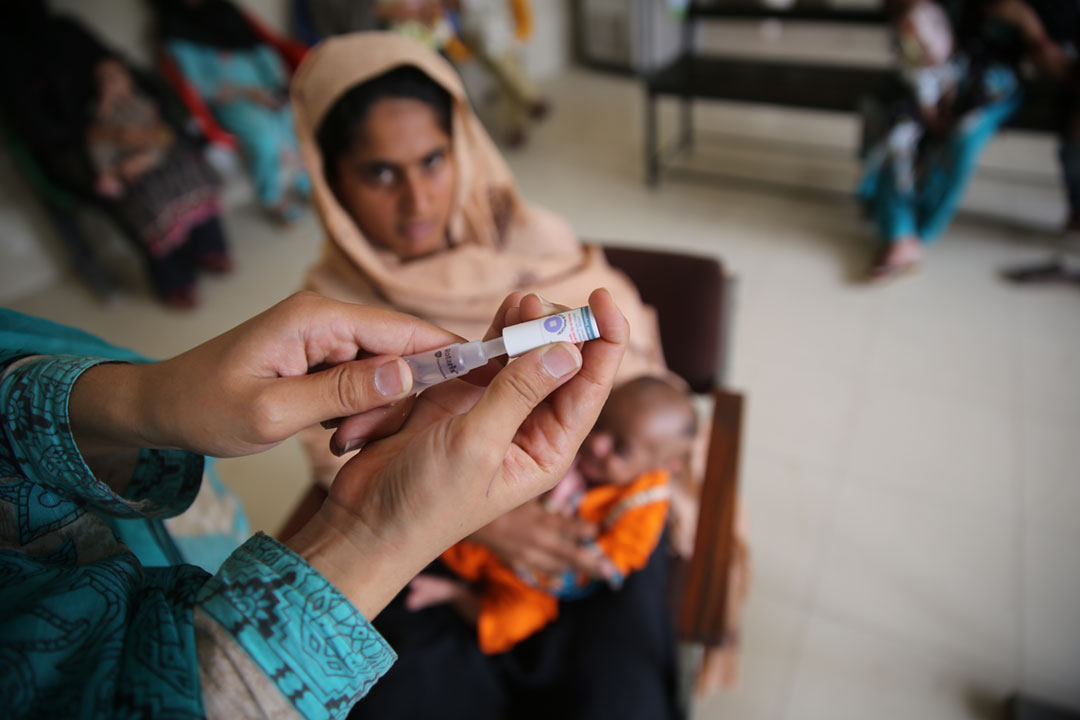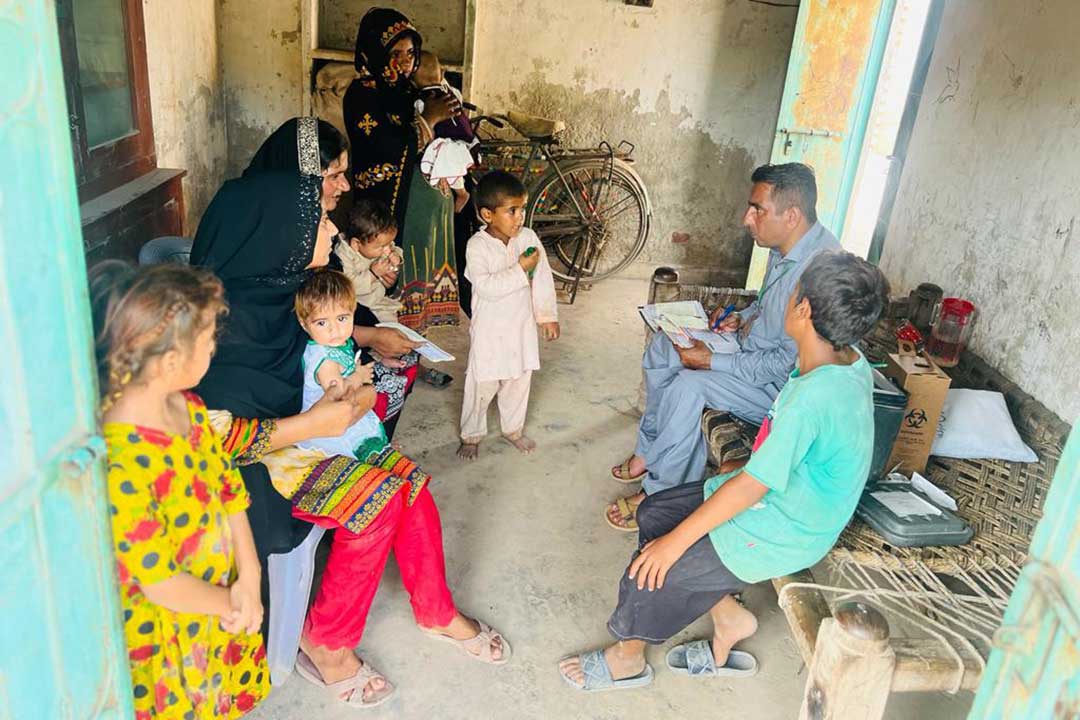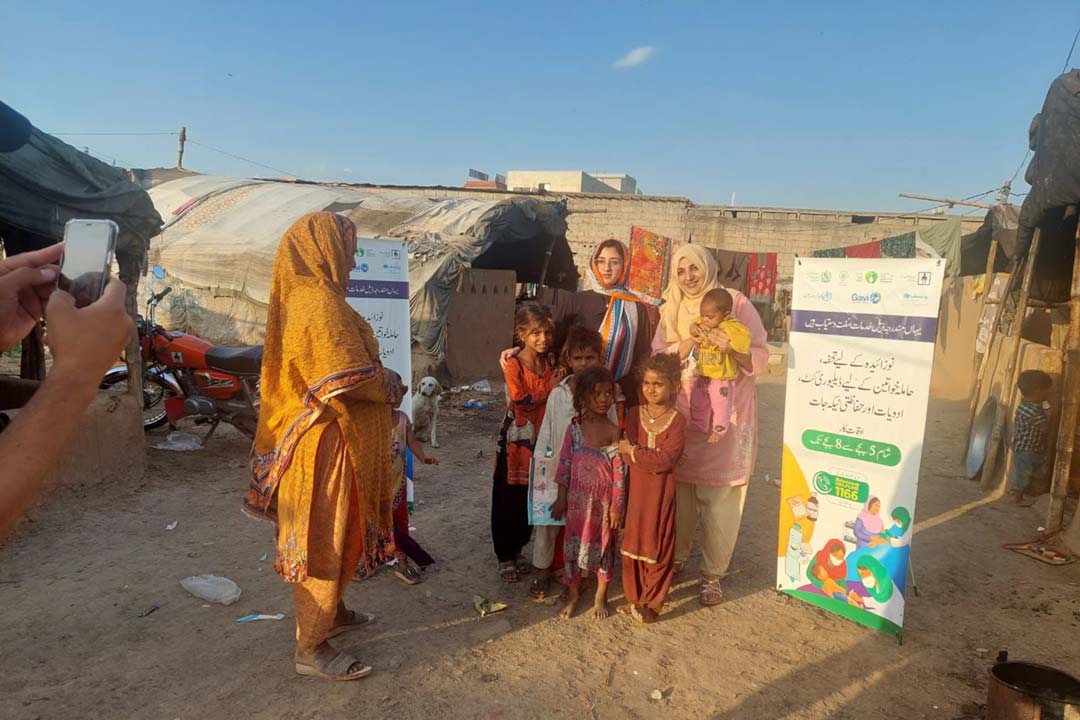“Fighting on two fronts”: battling HIV/AIDS amid COVID-19 in Pakistan
HIV infections in Pakistan are rising. HIV/AIDS workers and activists say that community-based service provision is improving – but that more help is needed.
- 23 January 2023
- 4 min read
- by Rahul Basharat

Asghar Satti has dedicated his life to helping people living with HIV in Pakistan. He himself is HIV-positive, and understands their problems better than others.
For more than a decade, Satti has headed the Association of People Living with HIV (APLHIV) in Pakistan. The aim is to create awareness about HIV/AIDS in the general public, to provide treatment facilities to patients, and to furnish them with hope.
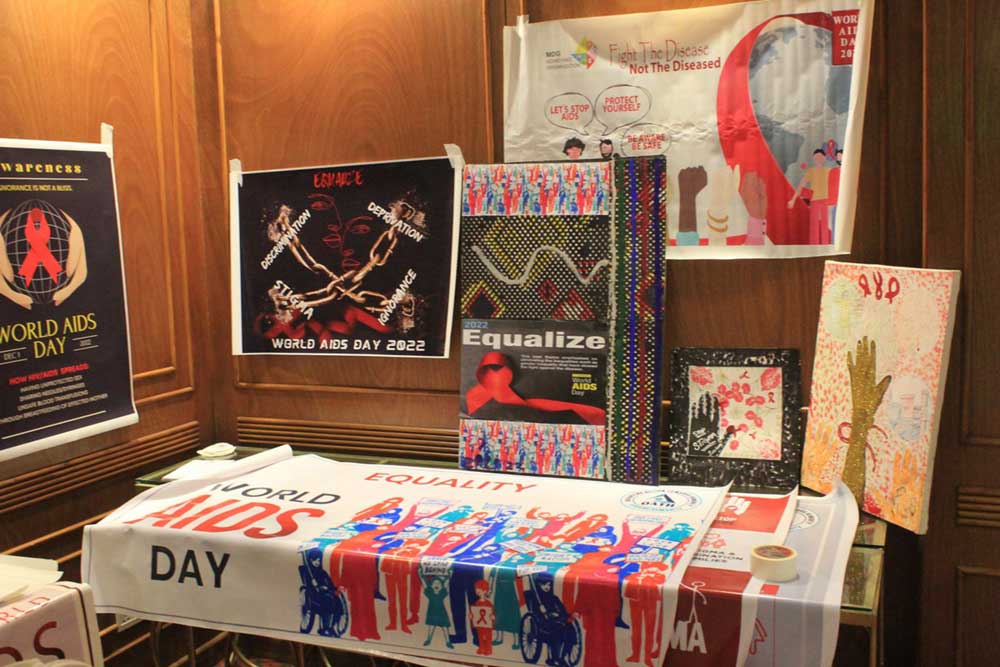
Credit: Rahul Basharat
According to Pakistan's National Aids Control Program (NACP), an estimated 210,000 people are living with HIV in the country. Of them, just 32,972 are receiving treatment. And according to UNAIDS Pakistan, the number of HIV-positive cases has risen dramatically since 2004, when Pakistan was estimated to have just 2,200 HIV/AIDS patients. Through 2021, the trend-line remains in steep incline.
“On one side there is a disease, and on the other side there is social pressure on patients because of lack of awareness in society.”
Those figures tell an alarming story, but Asghar Satti is quick to point to signs of improvement.
"The cases are on the rise not only in Pakistan but in the entire Asia Pacific which is concerning, but a positive point is that community interventions have increased," says Satti.
As a consequence of community-based interventions, he says, people living with the virus are showing trust in treatment and registering themselves to get treatment.
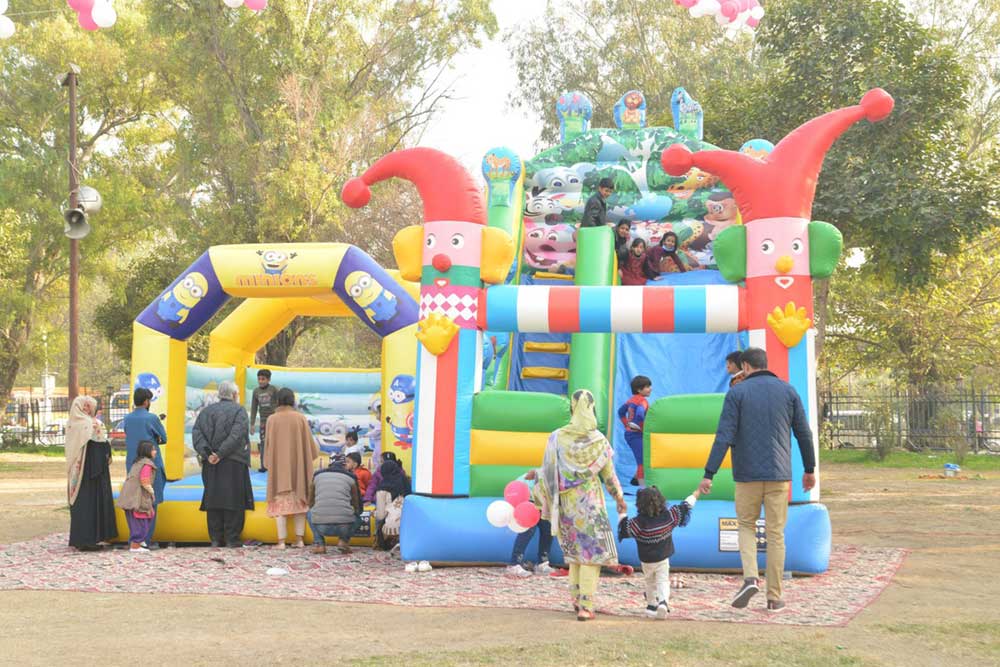
Credit: Rahul Basharat
"In the toughest time of the COVID-19 pandemic, the community interventions continued and provided medicines to its registered 17,000 people living with HIV," says Satti.
Have you read?
Health worker Khadeeja Ahmed shares her experience of treating people living with HIV, saying such patients are completely different and deserve "extra care" because they are fighting on two fronts.
"On one side there is a disease, and on the other side there is social pressure on patients because of lack of awareness in society," she says.
She says public sector hospitals provide free Antiretroviral Therapy (ART) to people living with HIV, but engaging patients for the completion of the medication course is a challenge.
"Sometimes they leave taking medicine because they [believe they] will die anyway because of the disease. At this stage, they need hope and mental support," says Ahmed.
She says the government is taking measures to control and prevent the disease but more efforts are needed to create awareness and correct misconceptions about its spread in society.
"During COVID-19 we used to disinfect the crockery and provide food to HIV patients admitted in the designated ward of the Pakistan Institute of Medical Sciences (PIMS) with our hands to give them confidence," Ahmed says.
While it's important to clarify that HIV won't spread through simple contact, like, for example, by handling crockery used by a patient, Satti also believes that more effort is needed to disseminate information of how the virus does spread. Domestic resources to fight HIV, he adds, need a boost.
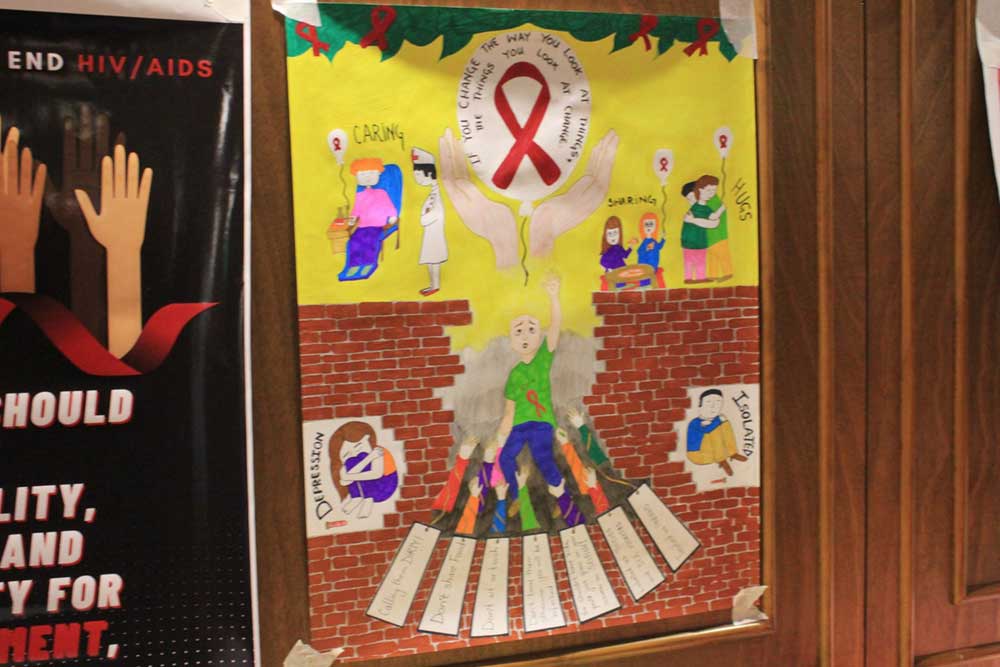
Credit: Rahul Basharat
"The Global Fund support is bringing positive results for controlling and prevention of HIV but domestic resources also need to be utilised to expedite the efforts," says Satti.
Meanwhile, the Pakistan Ministry of National Health Services Regulations and Coordination (NHSR&C) has announced a revised strategy for the control of HIV/AIDS. Federal minister for NHSR&C Abdul Qadir Patel says the Ministry is planning to retool both central and provincial strategies to bring them in line with global guidance.
He says national and provincial governments, despite competing priorities and fiscal limitations, and with the support of global partners, have strived to provide the people with HIV prevention and treatment services through community-based prevention programmes.
But Special Secretary of Health Services Mirza Nasiruddin Mashhood Ahmad points out that there was a need to initiate a national prevention "revolution" that provided for all available options to stop the transmission of HIV – including protection commodities, immediate initiation of antiretroviral therapy, and pre-exposure prophylaxis.
"Specific populations and locations require additional tools such as harm reduction (needle-syringe and opioid substitution therapy programmes) for people who inject drugs," he says.
